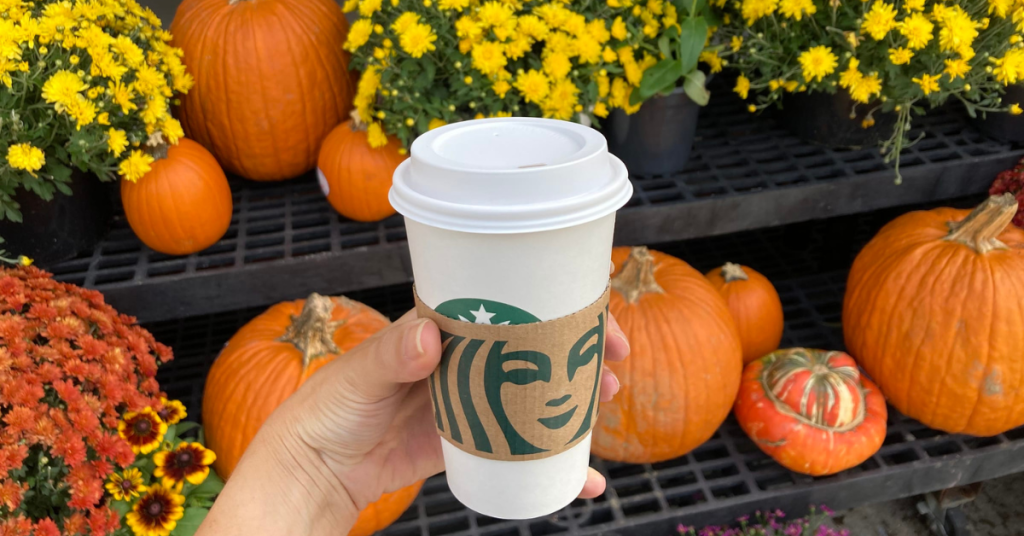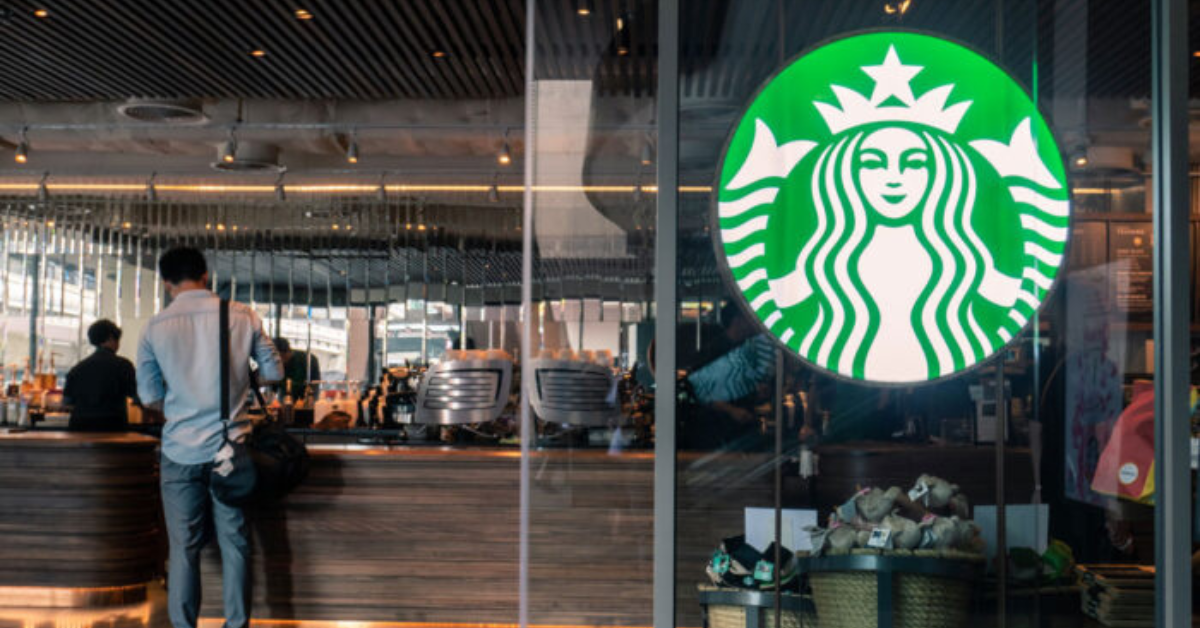In a surprising turn of events, Starbucks finds itself entangled in a legal battle over the ingredients—or lack thereof—in its popular fruit drinks and refreshers. The coffee giant was recently ordered by a federal judge to face a lawsuit that alleges several of its refreshing fruit beverages lack a crucial component: actual fruit.
US District Judge John Cronan, presiding in Manhattan, declined Starbucks’ request to dismiss nine of the 11 claims brought forth in the proposed class action. Judge Cronan ruled that “a significant portion of reasonable consumers” would expect their drinks to contain the fruits prominently featured in their names.
Consumers raised their voices, asserting that Starbucks’ Mango Dragonfruit, Mango Dragonfruit Lemonade, Pineapple Passionfruit, Pineapple Passionfruit Lemonade, Strawberry Açai, and Strawberry Açai Lemonade Refreshers contained none of the promised mango, passion fruit, or açai. Instead, the primary ingredients were identified as water, grape juice concentrate, and sugar. According to dissatisfied consumers Joan Kominis from Astoria, New York, and Jason McAllister from Fairfield, California, Starbucks’ misleading product names led to them being overcharged, a violation of their states’ consumer protection laws.

Starbucks, headquartered in Seattle, mounted a defense, contending that the product names merely described the drinks’ flavors rather than their ingredients. The company maintained that its menu boards accurately represented these flavors and argued that no reasonable consumer would have been left in confusion. Starbucks asserted that its baristas were equipped to address any customer inquiries effectively.
However, Judge Cronan countered this argument by highlighting that terms like “mango,” “passionfruit,” and “açaí” typically convey both flavor and ingredient in consumers’ minds. In contrast, the term “vanilla” often stands alone and represents a flavor without implying the presence of vanilla itself. The judge pointed out that Starbucks’ own product line featured items where ingredients were explicitly included in their names, such as the Ice Matcha Tea Latte, which contains matcha, and the Honey Citrus Mint Tea, which contains honey and mint.
In his ruling, Judge Cronan dismissed a fraud claim due to the absence of evidence suggesting Starbucks intended to deceive consumers. Additionally, an unjust enrichment claim was also dismissed.
In response to the lawsuit, Starbucks issued a statement categorically denying the allegations, deeming them “inaccurate and without merit.” The coffee giant expressed its readiness to defend itself vigorously against these claims.
This legal saga commenced in August 2022 and has the potential to result in at least $5 million in damages. Robert Abiri, the lawyer representing the plaintiffs, expressed satisfaction with the judge’s decision and looked ahead to representing the proposed class in this ongoing legal battle.
As Starbucks faces this challenge in court, the outcome of the lawsuit may have far-reaching implications for how companies name and market their products, emphasizing the importance of clarity and transparency in labeling for the benefit of consumers.

